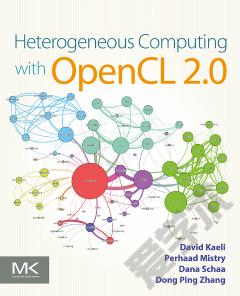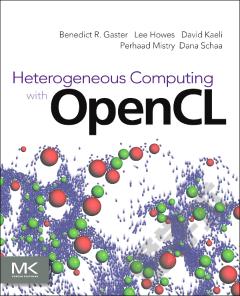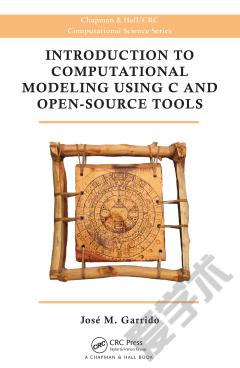Heterogeneous Computing with OpenCL 2
Heterogeneous Computing with OpenCL 2.0 teaches OpenCL and parallel programming for complex systems that may include a variety of device architectures: multi-core CPUs, GPUs, and fully-integrated Accelerated Processing Units (APUs). This fully-revised edition includes the latest enhancements in OpenCL 2.0 including: Shared virtual memory to increase programming flexibility and reduce data transfers that consume resources Dynamic parallelism which reduces processor load and avoids bottlenecks Improved imaging support and integration with OpenGL Designed to work on multiple platforms, OpenCL will help you more effectively program for a heterogeneous future. Written by leaders in the parallel computing and OpenCL communities, this book explores memory spaces, optimization techniques, extensions, debugging and profiling. Multiple case studies and examples illustrate high-performance algorithms, distributing work across heterogeneous systems, embedded domain-specific languages, and will give you hands-on OpenCL experience to address a range of fundamental parallel algorithms. Updated content to cover the latest developments in OpenCL 2.0, including improvements in memory handling, parallelism, and imaging support Explanations of principles and strategies to learn parallel programming with OpenCL, from understanding the abstraction models to thoroughly testing and debugging complete applications Example code covering image analytics, web plugins, particle simulations, video editing, performance optimization, and more
{{comment.content}}








 京公网安备 11010802027623号
京公网安备 11010802027623号